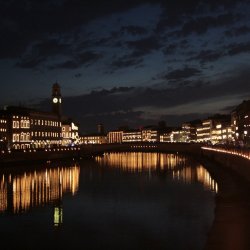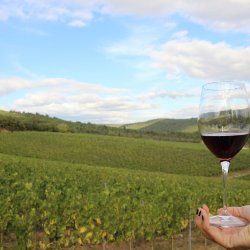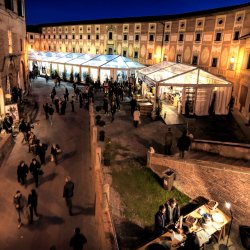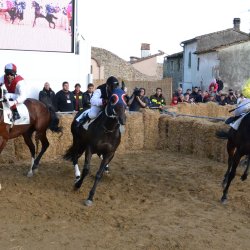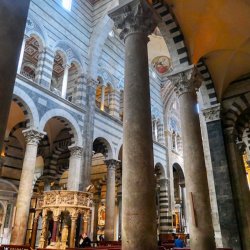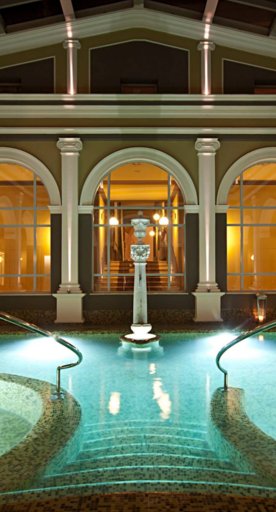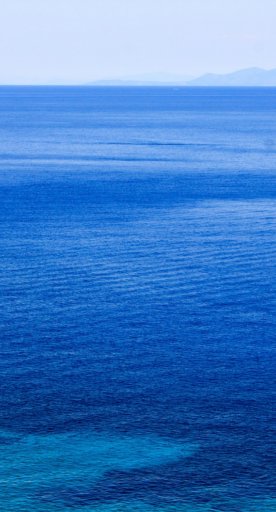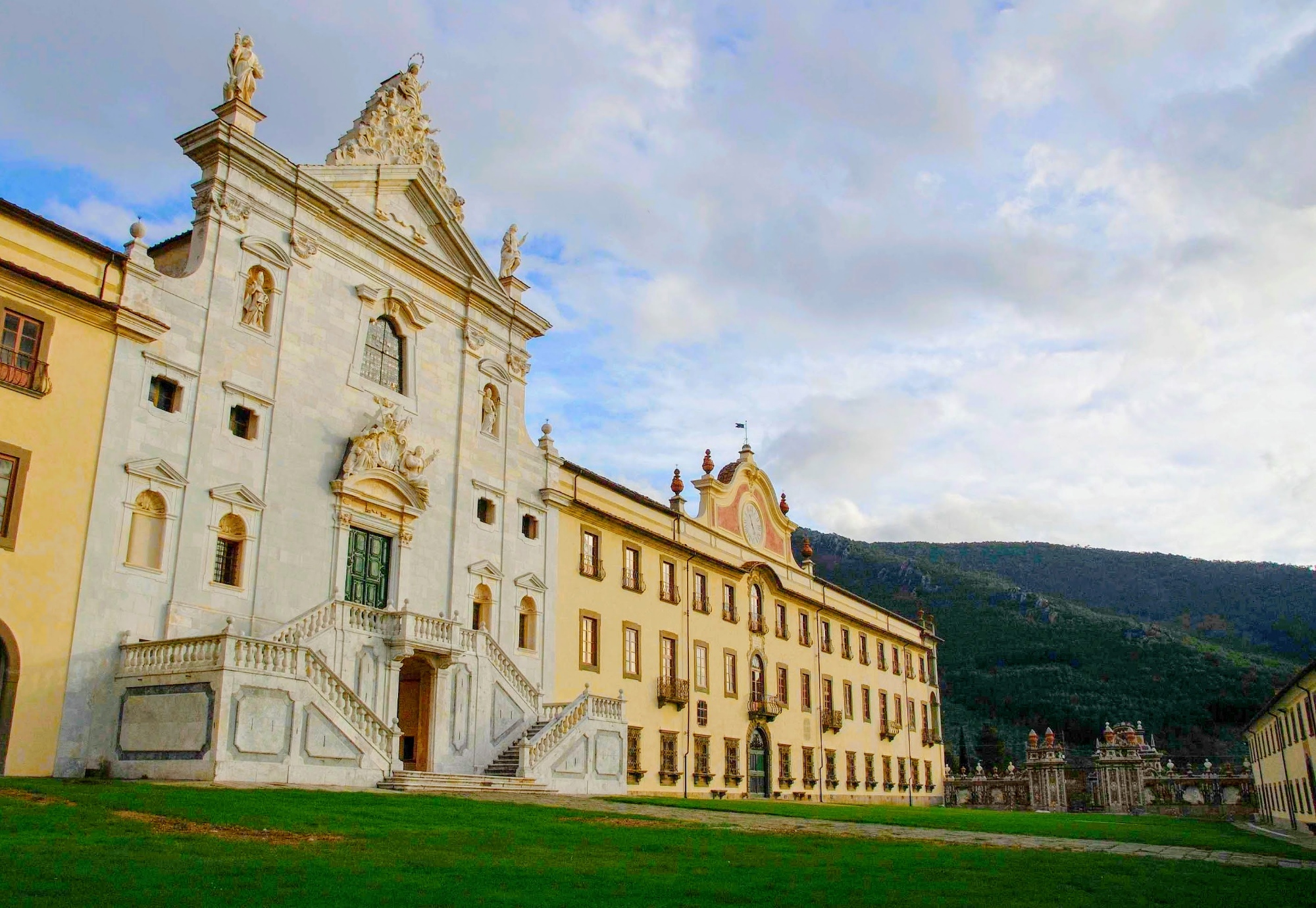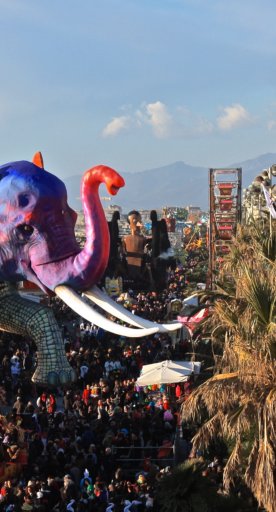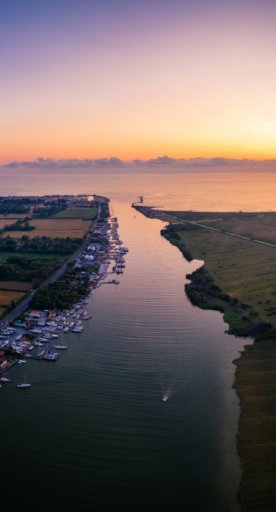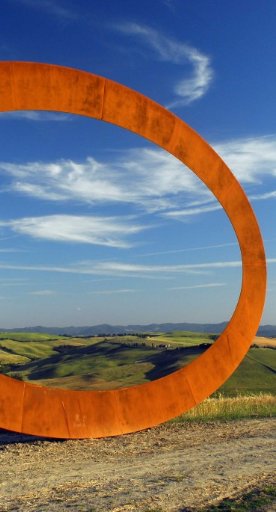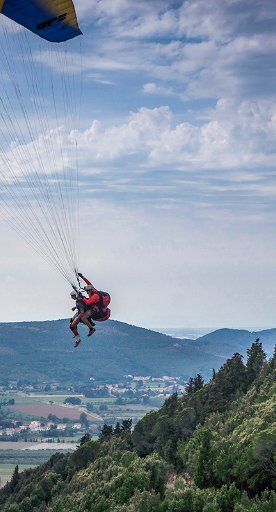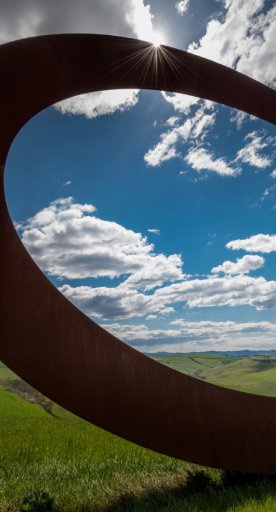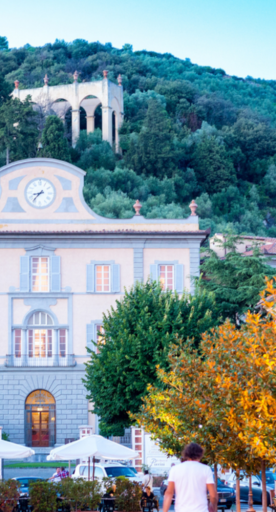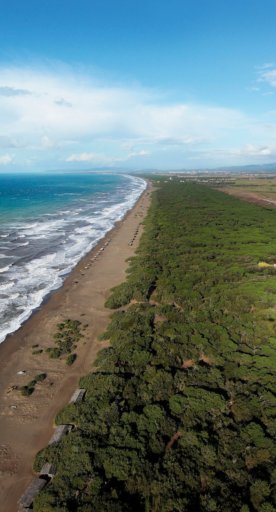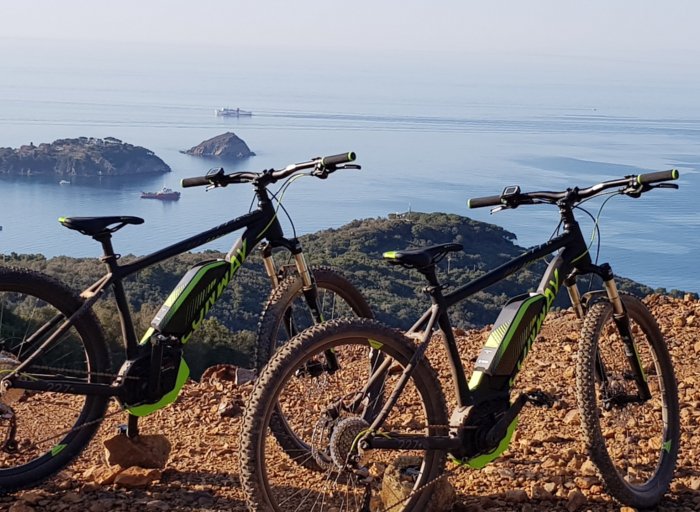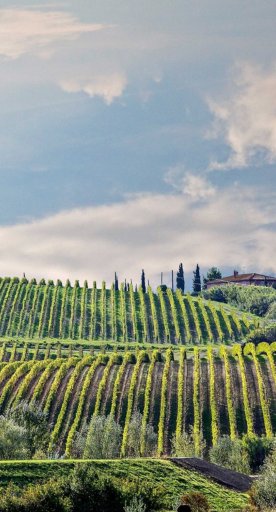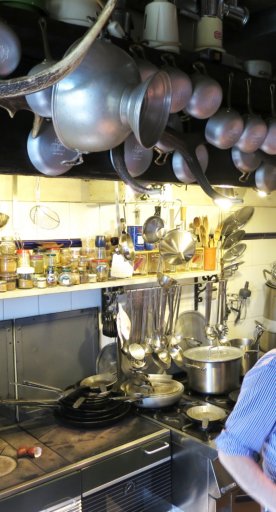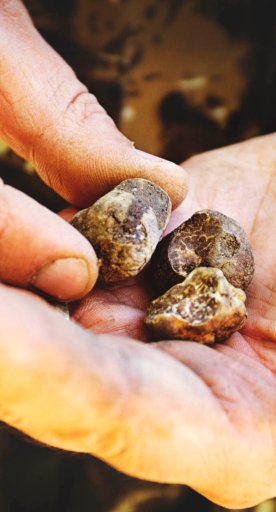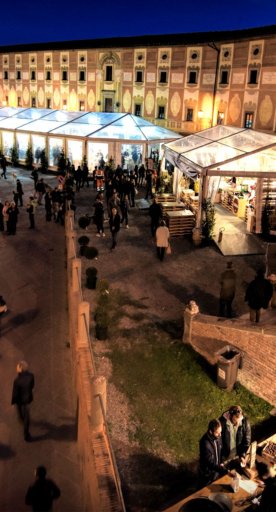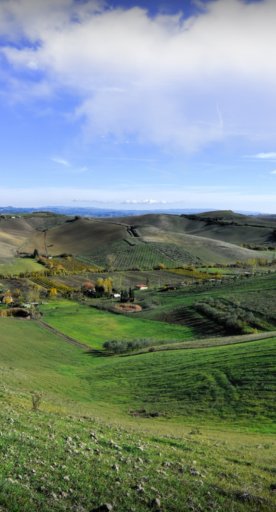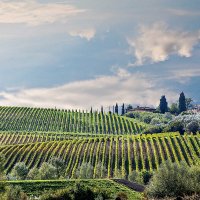10 things to do in Pisa
A few ideas for a visit full of art and history
Pisa is one of those places that need no introduction: its world-famous Piazza dei Miracoli is one of the most beautiful and well-known in the world and has been a UNESCO World Heritage Site since 1987.
The name of the city even dates back to Etruscan times and alludes to the nearby "mouth" of the Arno river, but the most intense historical moment undoubtedly coincides with the era of the Maritime Republics.
Pisa also offers several museums and attractions such as the picturesque Lungarni, the Palazzo Reale (Royal Palace) or the Arsenali Medicei.
Visiting it means plunging into a colorful and modern city that nevertheless manages to maintain strong ties with the traditions of the area and the great artistic heritage that represents it in the world.
Let's find out together what are the 10 most interesting things to do!
-
1.Tuttomondo Mural
-
2.Church of Santa Maria della Spina
-
3.Museo delle Navi Antiche (Museum of Ancient Ships)
-
4.Botanical Garden
-
5.Piazza dei Miracoli and Leaning Tower
-
6.Walkway of the Walls
-
7.Piazza dei Cavalieri
-
8.Lungarni (banks of the river Arno)
-
9.Palazzo Blu
-
10.Trammino Bike Path
Tuttomondo Mural
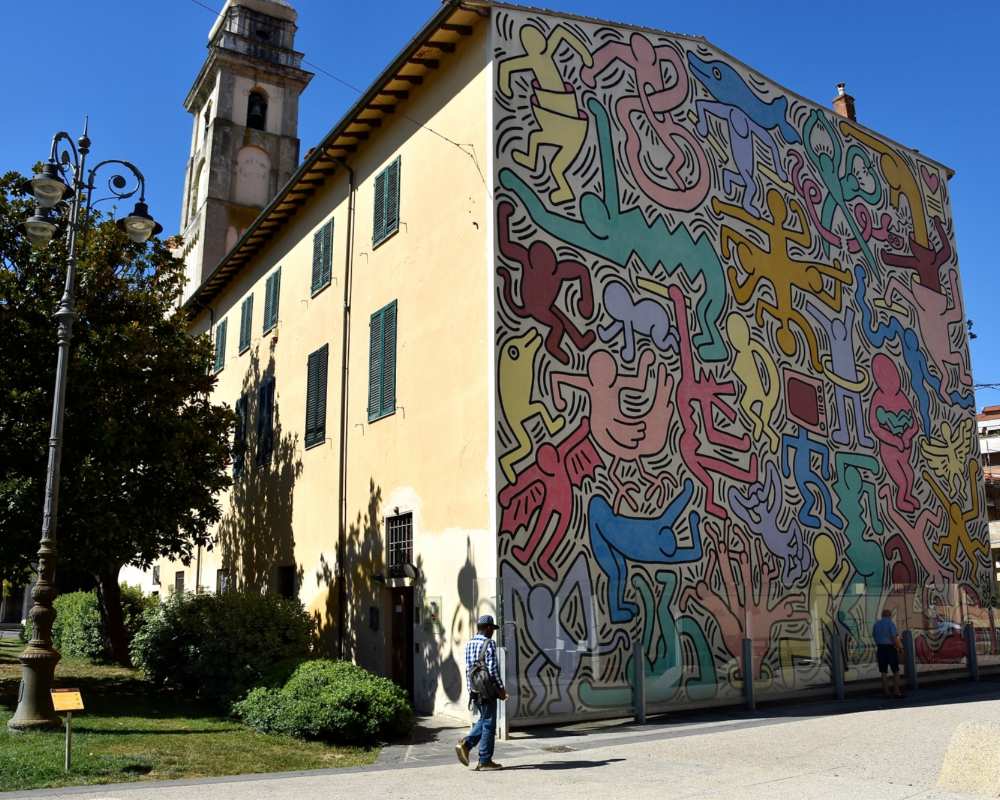
The Tuttomondo mural created by Keith Haring is the last public work of the American artist and dates back to 1989: the theme is world peace and it is located a few steps from the central station, on the back facade of the rectory of the Chiesa di Sant’Antonio (Church of St. Anthony).
The dimensions are large (1000 x 1800 cm) and, when you arrive in front of the work, you will be surprised by an explosion of colors and energy with thirty figures touching each other.
Church of Santa Maria della Spina
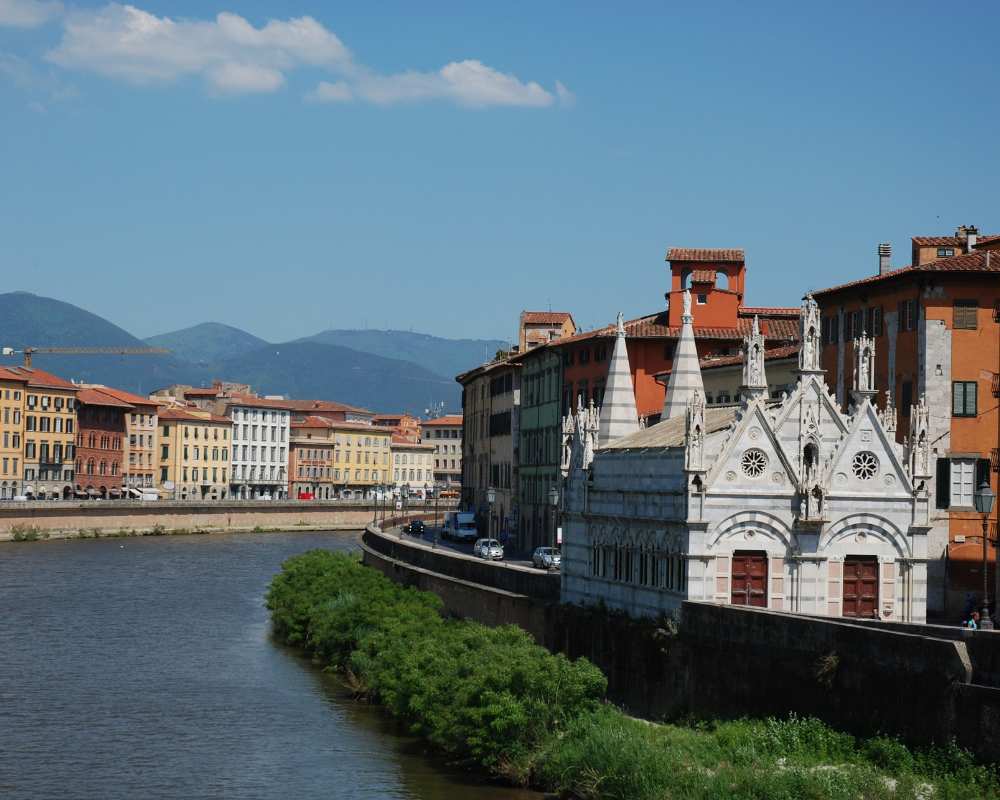
The Church of Santa Maria della Spina, located on the left bank of the Arno river, is an extraordinary example of Pisan Gothic: its origin dates back to 1230 and was built on an old pre-existing oratory.
The church's name dates back to 1333 when it received the relic of a thorn from Christ's crown (now displayed in the church of St. Clare).
Its present appearance is not the original one; in fact, mainly because of its proximity to the river, the building underwent several alterations: the most radical was in 1871, when it was dismantled and rebuilt higher up.
The church is open for visits some days of the week. Inside, you can admire the "Madonna della Rosa" (Our Lady of the Rose) by Andrea and Nino Pisano.
Museo delle Navi Antiche (Museum of Ancient Ships)
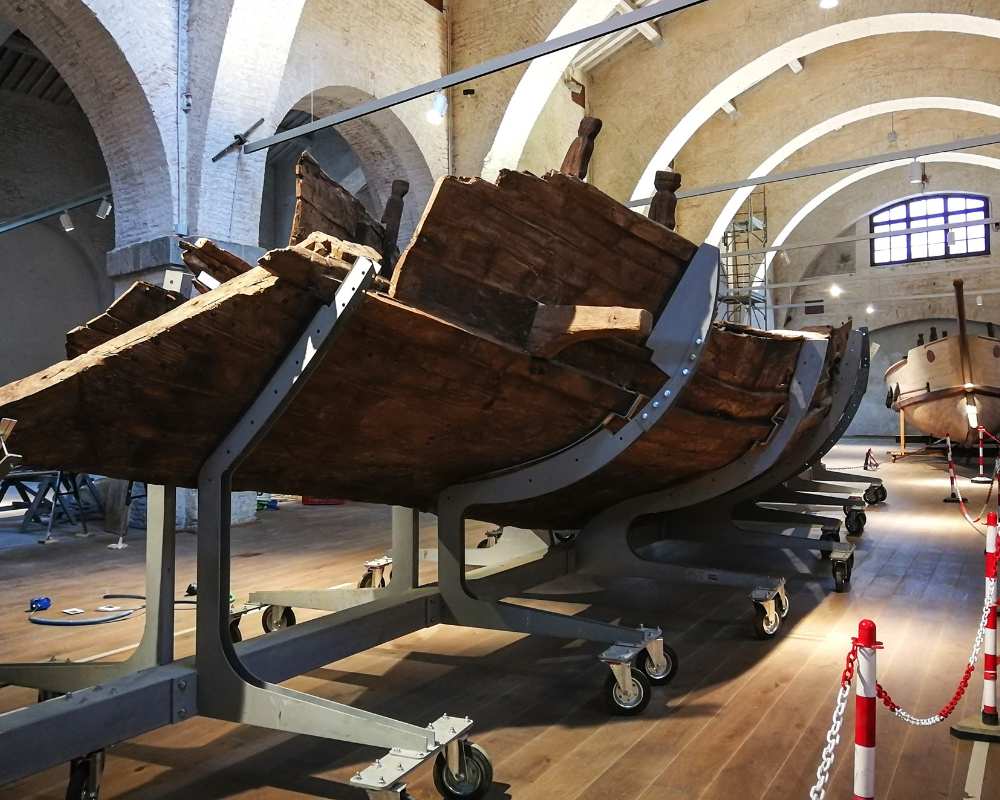
One of the most striking museums in Tuscany, a historical heritage of immense value that takes us back to the very ancient origins of this land: the Museum of Ancient Ships is one of those places that absolutely must be visited at least once in a lifetime.
It was 1998 when the remains of the first ship came to light near the San Rossore railway station.
After twenty years and relentless excavation and restoration work, seven vessels from the Roman era, dating from the third century B.C. to the seventh century A.D., and about 8.000 artifacts are on display.
In the Arsenali Medicei - along the Arno river in the area around Pisa - it is possible to admire ships from the Roman period and artifacts related to them: the museum starts by telling the history of Pisa between archaeology and legend, from the Etruscan phase first and then the Roman phase, up to the arrival of the Lombards.
There is also a section on life on board with many objects from the daily life of sailors: clothing, luggage, lighting, and amulets.
Botanical Garden
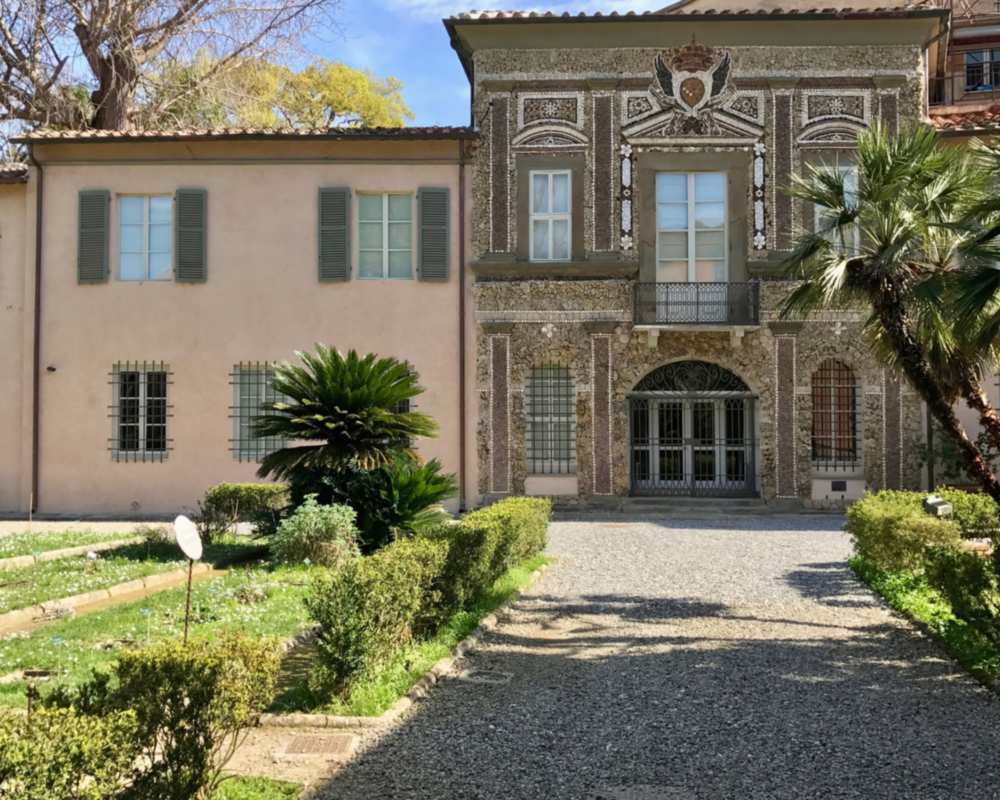
Founded on the banks of the Arno in 1543-44 by naturalist Luca Ghini, it is the first university Botanical Garden in the world.
Today it is located in the historic center of Pisa and covers three hectares: it is home to plants from all over the world, from medicinal to aquatic to centuries-old trees; the Botanical Museum is also located on the same site and includes a splendid Herbarium consisting of more than 300 thousand specimens.
Piazza dei Miracoli and Leaning Tower
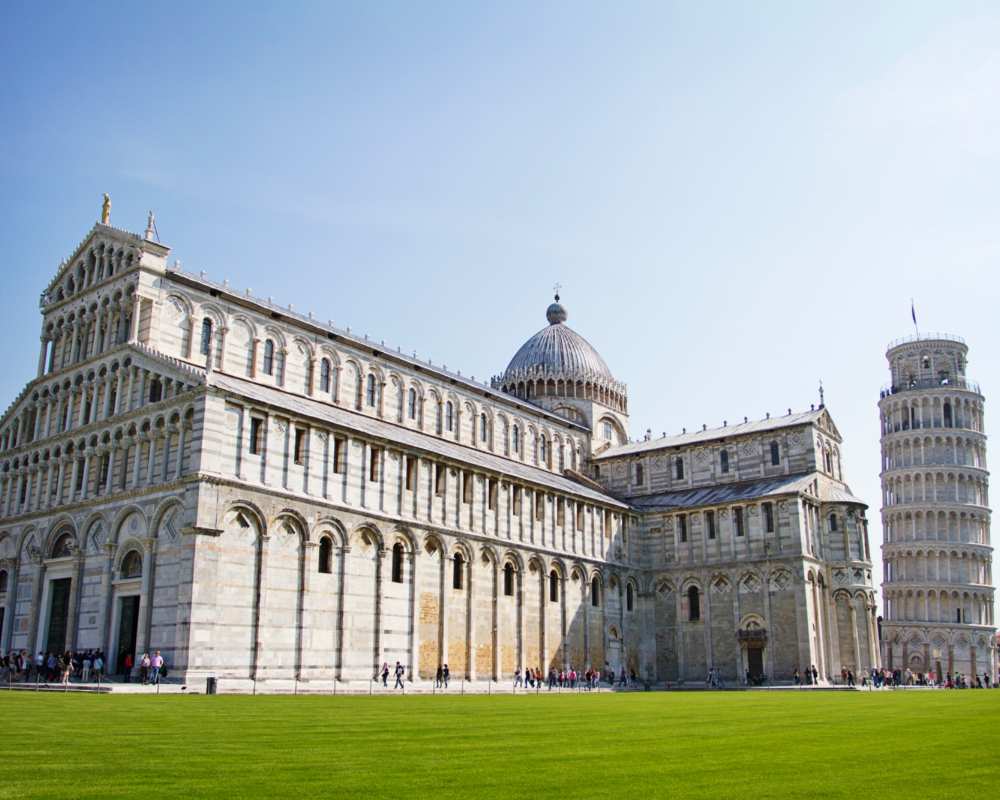
One of the best-known squares and one of the symbols of Italy in the world, Piazza dei Miracoli is a treasure chest full of masterpieces and has been a UNESCO World Heritage Site since 1982.
Walking in this place means walking through the history of art, architecture but also of the man who with his creative genius has been able to make this place immortal.
The Cathedral, the Baptistery and, of course, the Leaning Tower - the bell tower of the Duomo - are worth a trip to Pisa.
A visit to the top of the Tower cannot be missed: after 294 steps, an all-round view of the magnificent Piazza dei Miracoli and the entire city of Pisa opens up.
Walkway of the Walls
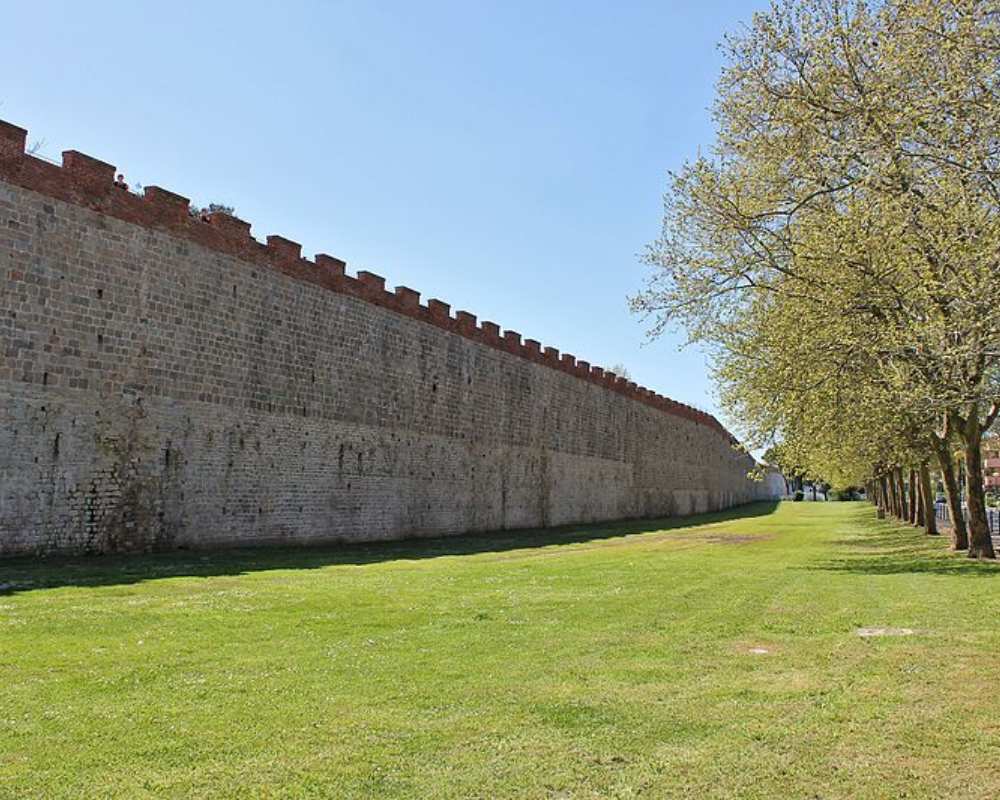
For those who want to see Pisa from an unprecedented perspective, nothing beats a walk along the walls: their construction began in 1154 and went on for over a century.
The 11-meter-high walkway of the Walls of Pisa offers the opportunity to walk at a high altitude to admire Pisa's panorama.
Piazza dei Cavalieri
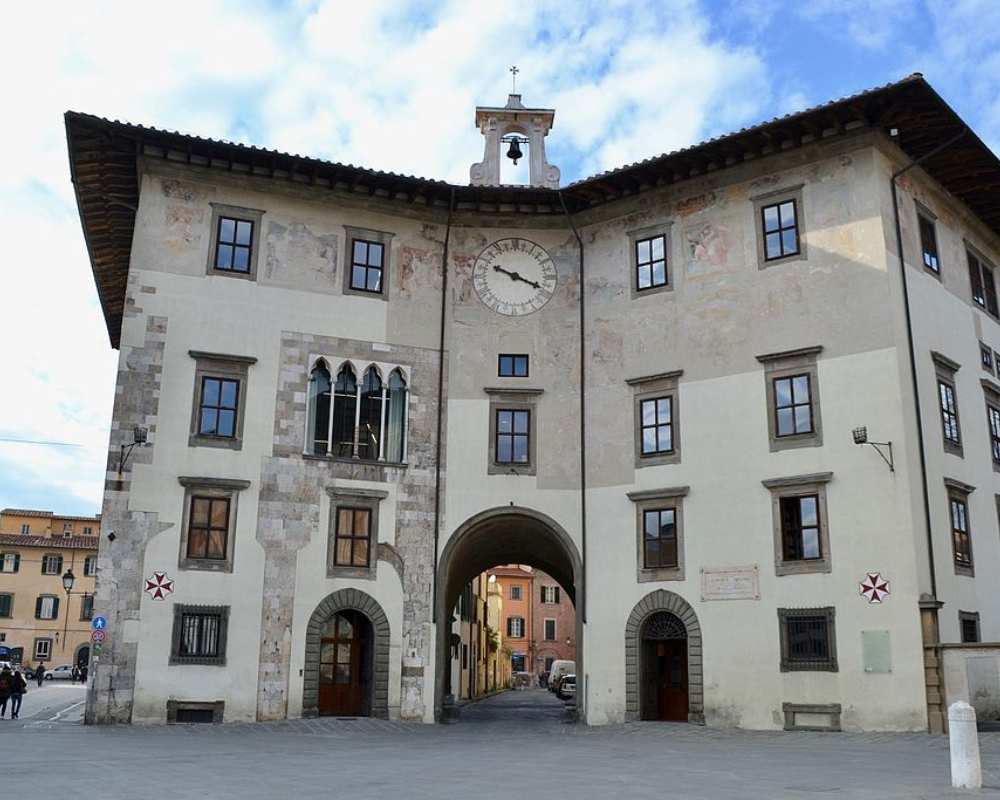
Another place full of charm and history: Piazza dei Cavalieri - originally the ancient Piazze delle Sette Vie, the political center of Pisa and the probable site of the Roman Forum - was transformed by Cosimo I de' Medici into the center of the Order of the Knights of St. Stephen, created to defend the Tuscan and Mediterranean coasts from Turkish and pirate fleets.
The square is overlooked by prestigious palaces such as the Palazzo della Carovana - the ancient Palazzo degli Anziani del Popolo that was transformed by Giorgio Vasari into its present form, now the seat of the Scuola Normale Superiore - the Palazzo dell'Orologio and the Palazzo del Consiglio dei Dodici, formerly the ancient seat of the Republican Magistracies.
Lungarni (banks of the river Arno)
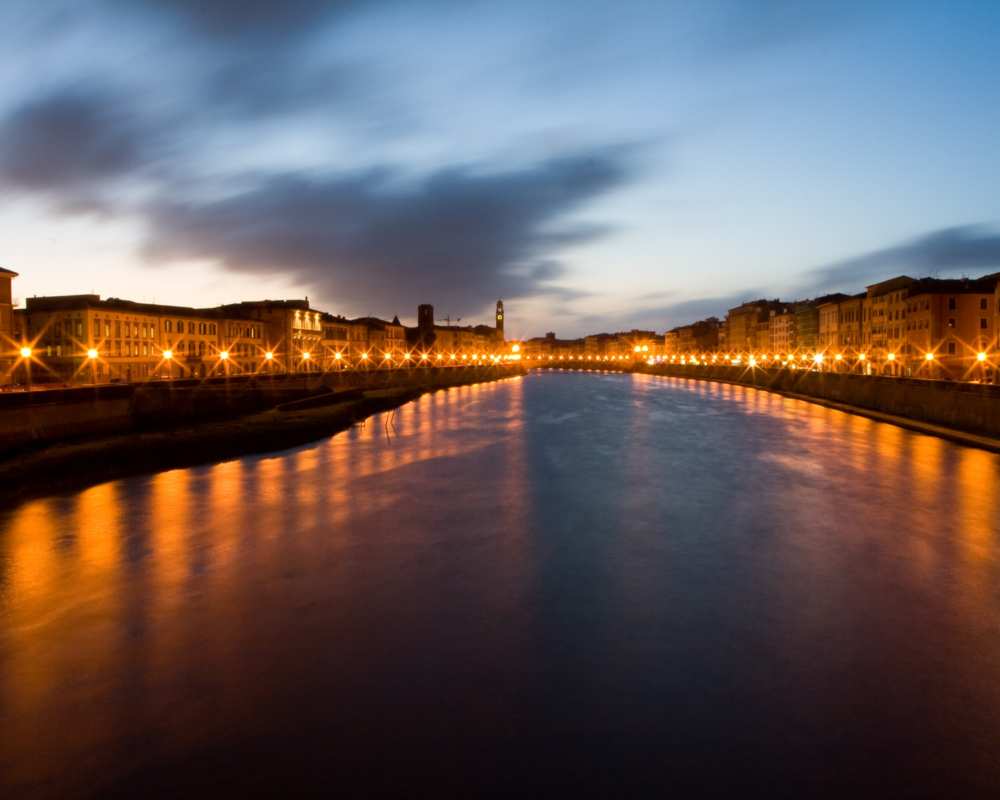
A source of inspiration for numerous poets and artists, the Pisan Banks of the river Arno frame the splendid aristocratic palaces overlooking the Arno.
Many museums can be found here, as well as entertainment venues and characteristic clubs where you can spend lovely evenings with friends.
One of the most evocative moments to take a nice walk along the Lungarni is undoubtedly dusk, when the waters of the Arno reflect the lights of the city and give the setting elegance and magic.
Not to be missed, in June, is the Patronal Feast during which thousands of oil lamps, lit in honor of San Ranieri, illuminate Pisa in a timeless atmosphere.
Palazzo Blu
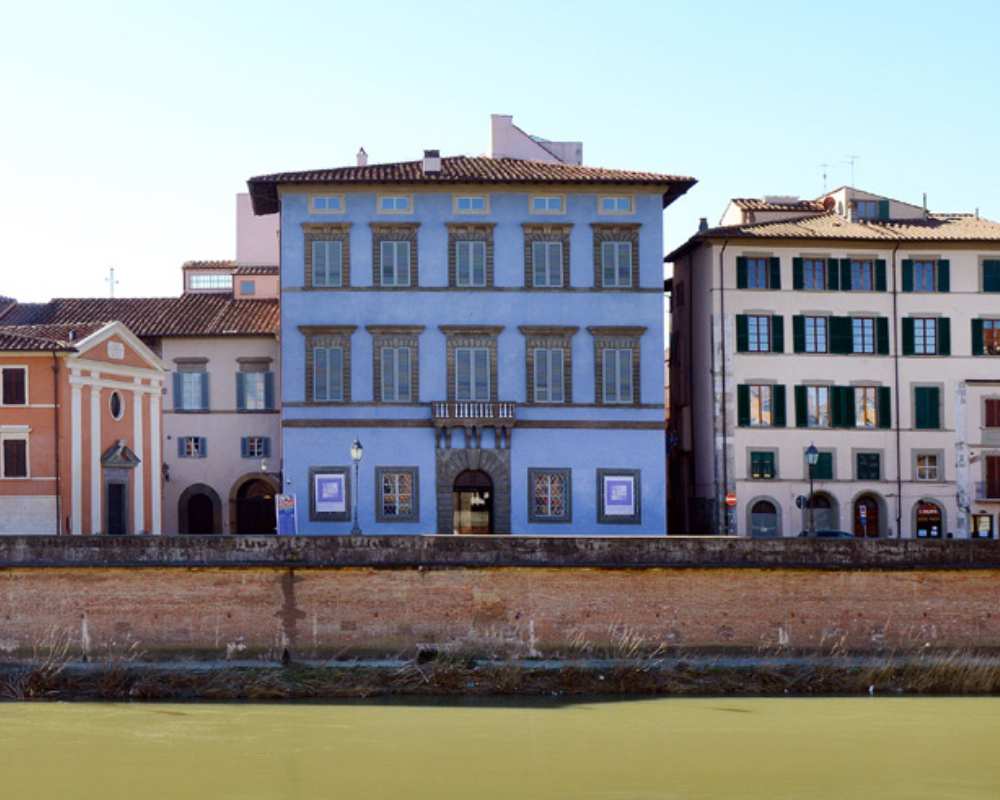
Staying on the Lungarno, we find the Palazzo Blu, formerly Palazzo Rosselmini Gualandi, a center for temporary exhibitions and cultural activities.
The main core of the palace goes back to the 16th-century, but it was in the mid-19th century that it acquired its present appearance.
Works by artists of international renown such as Magritte, Duchamp, Kandinsky, Picasso and Warhol have been exhibited in this extraordinary space.
Some rooms of the palace house the Pisa Museum of Art and Culture, and periodically, meetings and concerts are organized in the auditorium.
Trammino Bike Path
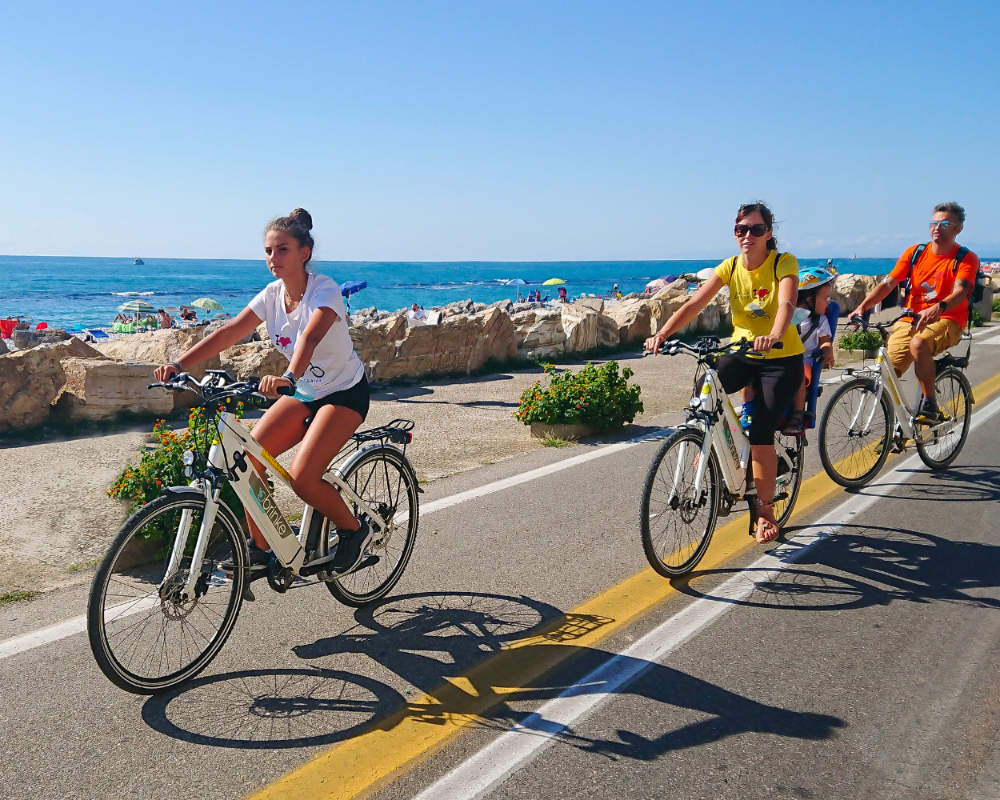
Leaving aside the artistic and cultural beauties of Pisa, it is possible to spend a day on the route that follows the new Trammino Bike Path: from Pisa in the direction of the sea, particularly Marina di Pisa.
This is a route suitable for families or, in any case, for anyone who wants a quiet and safe ride.
Only 14 kilometers separating the city from the beach that you can travel in total relaxation on your bike.



